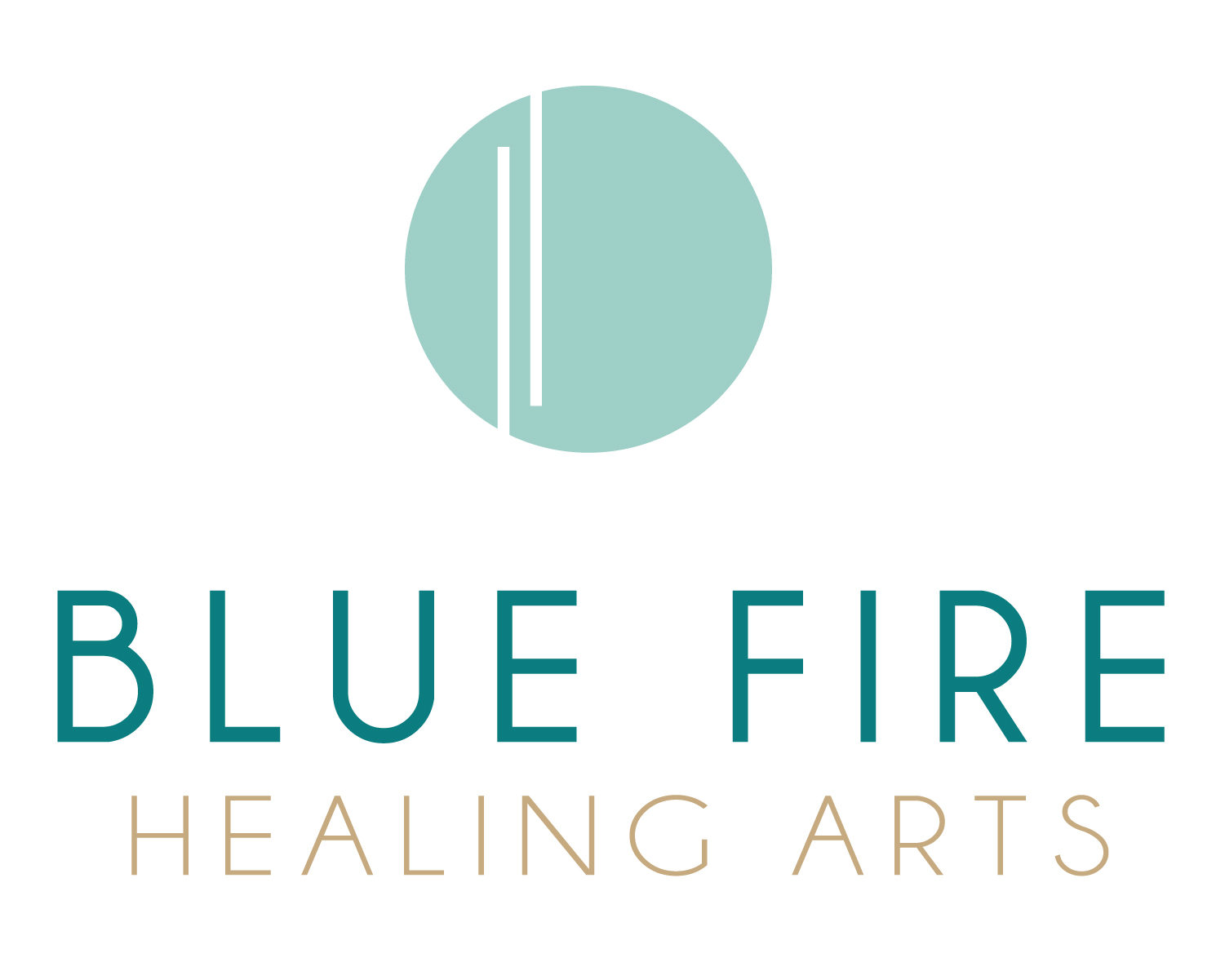Acupuncture FAQs
What acupuncture can help with
Research has shown that acupuncture is effective for treating all types of body pain, headaches, digestive disorders, PMS and menstrual irregularity, insomnia, fatigue, allergies, and health issues caused by stress.
We are experienced in treating all the above as well as dizziness, nausea, neuropathies, Bell’s Palsy, hemmorhoids, migraines, tinnitus, carpal tunnel, frozen shoulder, and plantar fasciitis.
Pain
- Chronic pain
- Non-opioid pain management
- Low back pain
- Surgery recovery
- Joint pain and restricted movement
- Arthritis
- Headaches
- Migraines
- Fibromyalgia
- Jaw pain and TMD
- Plantar fasciitis
- Scars
- Injuries including motor vehicle accidents
Cancer Treatment Support
Digestion
- Bloating and cramping with eating
- Acid reflux
- Constipation
- Diarrhea and loose stools
- Nausea and vomiting
Energy Levels and Sleep
- Insomnia
- Sleep disorders
- Fatigue and low energy
Emotional and Mental Distress
- Substance abuse recovery support
- PTSD
- General stress
- Anxiety and depression
Seasonal Illness
- Seasonal allergies
- Colds
- Influenza
- Seasonal mood disorders
Women’s Health
- Menstrual irregularities
- Painful periods and PMS
- Pregnancy support
- Morning sickness and nausea
- Perimenopausal support
- Hot flashes and sweating
Neurological
- Dizziness and vertigo
- Tinnitus
- Parasthesia and neuropathy
- Bell’s palsy
- Temperature disregulation
Does acupuncture hurt?
Acupuncture uses gentle stimulous to trigger the body’s own healing mechanisms.
Acupuncture needles are thin, flexible, sterile, and designed to provide the minimum necessary stimulus to a given point.
Acupuncture is nothing like getting a shot as the purpose, method, and tools are completly different. Sometimes there is a brief sharpness when the needle is inserted, or a dull ache in the area, and often there is no sensation at all.
The needles work with the body not against it.
Acupuncturist training and qualifications
Licensed acupuncturists in most states are required to complete over 3000 hours of training at the master or doctorate level, and maintain national certification as well as state licensure.
